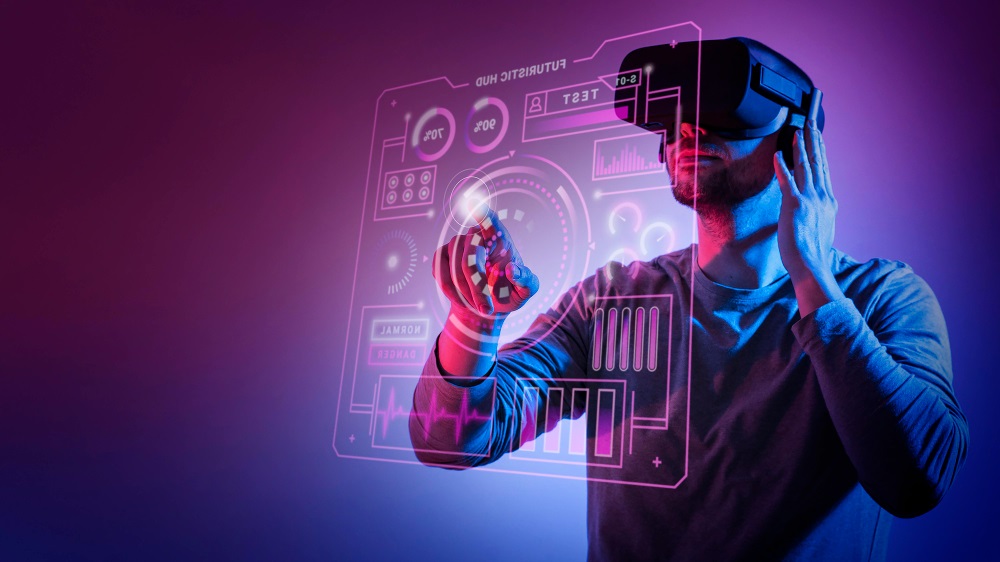The marketing landscape is undergoing a revolutionary transformation powered by artificial intelligence. As we move deeper into 2025, AI technologies are not just enhancing marketing strategies—they’re fundamentally reshaping how brands connect with their audiences.
Current State of AI in Marketing
Artificial intelligence has already made significant inroads into marketing, with over 80% of marketing executives reporting the use of AI tools in their campaigns. From predictive analytics to personalized content creation, AI is streamlining processes that once required extensive manual effort.
Key AI Applications Today
Personalization at Scale: Modern AI algorithms can analyze vast amounts of customer data to deliver personalized experiences across every touchpoint. This goes beyond simple demographic targeting to include behavioral patterns, purchase history, and real-time engagement metrics.
Content Generation: AI-powered tools are now capable of creating compelling copy, generating social media posts, and even producing video content. While human creativity remains irreplaceable, AI serves as a powerful assistant that can handle routine content creation tasks.
Predictive Analytics: Machine learning models can forecast customer behavior, identify potential churn risks, and predict optimal pricing strategies with remarkable accuracy.
Emerging Trends Shaping the Future
1. Conversational AI Evolution
The next generation of chatbots and virtual assistants will offer increasingly sophisticated interactions. These AI systems will understand context, emotion, and intent with human-like precision, making customer service and sales conversations more natural and effective.
2. Real-Time Decision Making
AI will enable marketers to make split-second decisions based on real-time data analysis. Campaign optimization, bid adjustments, and content personalization will happen automatically, responding to market changes as they occur.
3. Cross-Platform Integration
Future AI systems will seamlessly integrate data from multiple platforms, creating unified customer profiles that enable consistent experiences across all channels. This holistic approach will eliminate silos and provide a complete view of the customer journey.
Predictions for the Next Five Years
Enhanced Creative Collaboration
By 2030, we expect to see AI systems that can collaborate with human creatives on complex projects. These tools will understand brand guidelines, target audience preferences, and creative objectives to generate ideas that truly resonate with human creativity.
Emotional Intelligence
Advanced AI will develop sophisticated emotional intelligence capabilities, reading micro-expressions in video calls, analyzing voice tone in customer service interactions, and understanding emotional context in written communications.
Autonomous Marketing Campaigns
Self-managing campaigns that can set goals, create content, optimize performance, and report results with minimal human intervention will become commonplace. These systems will continuously learn and improve their performance based on outcomes.
Challenges and Considerations
Privacy and Ethics
As AI becomes more sophisticated in data collection and analysis, maintaining customer privacy and ethical use of information will be paramount. Marketers must balance personalization with respect for individual privacy rights.
Human Touch Balance
While AI excels at data processing and pattern recognition, the human element remains crucial for creativity, empathy, and strategic thinking. The most successful marketing teams will be those that effectively combine AI capabilities with human insight.
Data Quality and Bias
AI systems are only as good as the data they’re trained on. Ensuring high-quality, unbiased data sets will be crucial for developing fair and effective AI marketing tools.
Preparing for an AI-Driven Future
Skills Development
Marketing professionals should focus on developing skills that complement AI capabilities:
- Data interpretation and analysis
- AI tool management and optimization
- Strategic thinking and creative problem-solving
- Cross-functional collaboration
Technology Infrastructure
Organizations need to invest in robust data infrastructure that can support AI applications. This includes data collection systems, storage solutions, and integration platforms that enable seamless AI deployment.
Continuous Learning
The AI landscape evolves rapidly. Marketing teams must commit to ongoing education and experimentation with new tools and techniques to stay competitive.
Conclusion
The future of AI in marketing is bright and full of possibilities. While challenges exist, the potential for enhanced customer experiences, improved efficiency, and better business outcomes makes AI adoption not just beneficial but essential for modern marketing success.
Organizations that embrace AI thoughtfully, combining technological capabilities with human creativity and ethical considerations, will be best positioned to thrive in this AI-driven marketing landscape. The question is not whether AI will transform marketing, but how quickly and effectively organizations can adapt to harness its power.
As we look ahead, one thing is certain: the marriage of artificial intelligence and human creativity will unlock marketing possibilities we’ve only begun to imagine.
